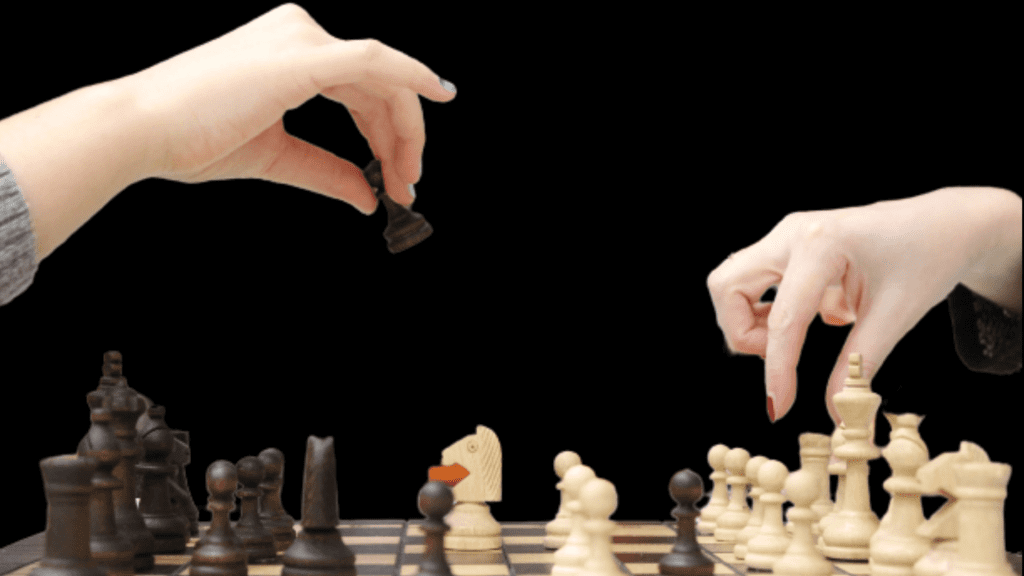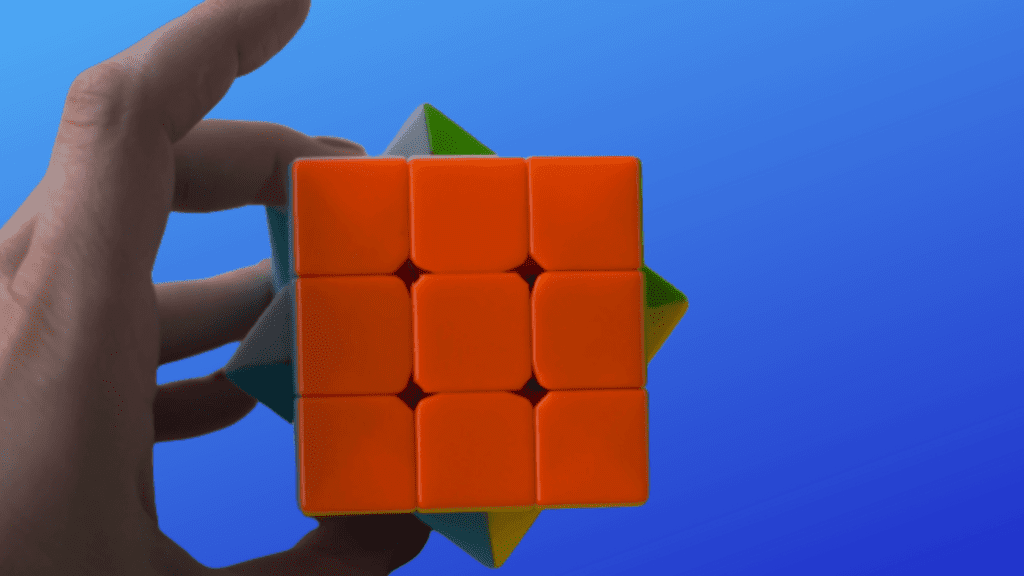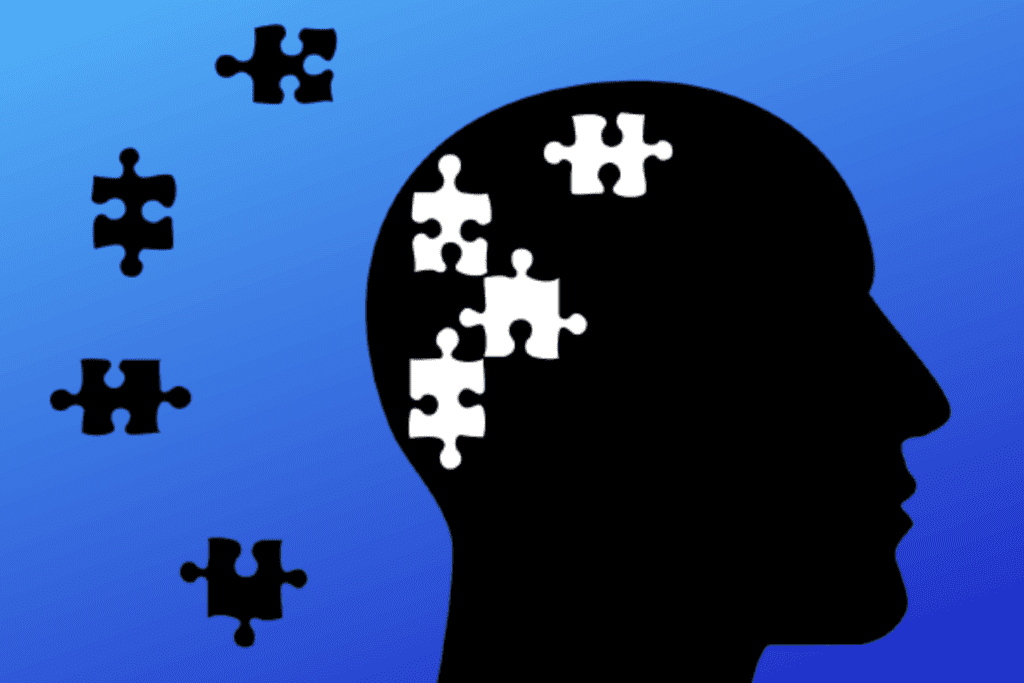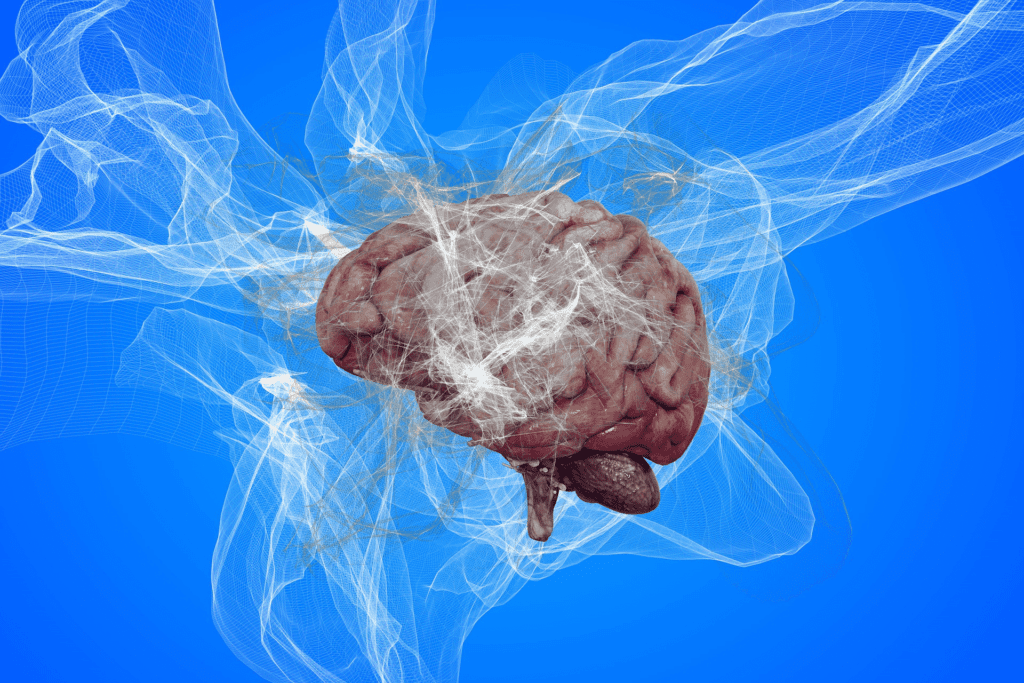
Brain games, also known as cognitive or mental exercises, are activities designed to challenge and stimulate the brain, enhance cognitive abilities and promote overall brain health.
Table of Contents
ToggleThese games can be in the form of puzzles, memory exercises, problem-solving tasks, and various other interactive activities.
Engaging in brain games regularly has been shown to have numerous benefits, ranging from improved memory and concentration to enhanced problem-solving skills and mental agility.
Major Benefits of Brain Games
Brain games offer a multitude of benefits that contribute to overall cognitive enhancement and brain health. Some major benefits include:
Enhanced Memory:
Brain games that focus on memory tasks can improve both short-term and long-term memory functions. These exercises challenge the brain to retain and recall information, strengthening the memory capacity.
Improved Concentration:
Concentration and focus are crucial for cognitive performance. Brain games that require sustained attention help train the brain to concentrate for longer periods, resulting in improved focus in daily activities.
Increased Mental Agility:
Brain games stimulate various cognitive processes, such as critical thinking, analysis, and quick decision-making. Regular engagement in these activities can enhance mental agility and the ability to think on your feet.
Enhanced Problem-Solving Skills:
Brain games often present challenges that require problem-solving strategies. By regularly practicing these games, individuals can develop efficient problem-solving techniques and learn to think outside the box.
Stress Reduction:
Engaging in brain games can be an enjoyable and relaxing activity. By diverting attention from daily stressors, these games can help reduce stress levels and promote a sense of calmness.
Boosted Creativity:
Some brain games, such as word associations or visual puzzles, stimulate the creative centers of the brain. Regular exposure to such exercises can enhance creativity and imaginative thinking.
Better Multitasking Abilities:
Certain brain games involve multitasking, which requires the brain to manage multiple tasks simultaneously. By practicing these games, individuals can improve their ability to handle multiple responsibilities efficiently.
Improved Cognitive Reserve:
Engaging in brain games contributes to building cognitive reserve, a concept that refers to the brain’s ability to withstand age-related decline and neurological diseases. A strong cognitive reserve is associated with a reduced risk of cognitive impairment.
Top 20 Brain Games and Their Benefits
1. Sudoku
Sudoku is a popular number puzzle game that requires logical thinking, problem-solving, and concentration. It involves filling a 9×9 grid with numbers, ensuring that each row, column, and 3×3 subgrid contains all digits from 1 to 9. Playing Sudoku regularly improves critical thinking, pattern recognition, and numerical reasoning skills.
2. Crossword Puzzles
Crossword puzzles challenge your vocabulary, memory, and verbal reasoning. By filling in the empty squares with words that fit both horizontally and vertically, you exercise your language skills, expand your vocabulary, and enhance your cognitive flexibility.
3. Chess

Chess is a strategic board game that enhances critical thinking, planning, and problem-solving skills. It requires players to analyze different moves, anticipate their opponent’s strategies, and make decisions based on future consequences. Chess improves concentration, pattern recognition, logical reasoning, and decision-making abilities.
4. Memory Matching Games
Memory matching games involve flipping cards to find matching pairs. These games help boost memory, focus, and visual recognition abilities. By challenging your short-term memory and concentration, memory-matching games exercise your brain’s ability to retain and recall information.
5. Jigsaw Puzzles
Jigsaw puzzles require assembling various interlocking pieces to form a complete picture. They enhance spatial reasoning, attention to detail, and patience. By manipulating shapes and colors, jigsaw puzzles engage your brain in visual-spatial processing and improve problem-solving skills.
6. Lumosity
Lumosity is a brain training program that offers a variety of scientifically designed games targeting memory, attention, problem-solving, and cognitive flexibility. It provides personalized training sessions and tracks your progress over time. Lumosity games are designed to challenge specific cognitive abilities and promote overall brain health.
7. Rubik's Cube

The Rubik’s Cube is a three-dimensional puzzle that challenges spatial awareness, problem-solving, and hand-eye coordination. By manipulating the cube’s colored squares, you need to solve the puzzle by arranging each face to have a uniform color. Playing with the Rubik’s Cube improves spatial reasoning, logical thinking, and perseverance.
8. Scrabble
Scrabble is a word game that enhances vocabulary, critical thinking, and linguistic skills. Players form words by placing letter tiles on a game board, strategically using high-scoring letters, and creating interconnected words. Scrabble stimulates language processing, word retrieval, and strategic thinking.
9. Brain Age
Brain Age is a video game that offers a collection of mini-games designed to improve memory, math skills, and mental agility. It provides challenges such as calculation exercises, memory tests, and problem-solving tasks. Brain Age aims to stimulate various cognitive functions and maintain brain fitness.
10. Set
Set is a card game that develops pattern recognition, visual perception, and logical reasoning. The game involves identifying sets of cards based on specific characteristics, such as color, shape, number, and shading. Set exercises your ability to identify patterns quickly and think abstractly.
11. Peak
Peak is a brain training app that offers a wide range of games targeting memory, attention, problem-solving, and language skills. The app provides personalized training programs and tracks your progress. Peak’s diverse game collection aims to challenge different cognitive abilities and improve overall mental performance.
12. Simon
Simon is a memory game that improves short-term memory, attention, and auditory processing. The game presents a sequence of colored lights and sounds, and the player needs to replicate the sequence accurately. Simon challenges your working memory capacity and auditory-visual coordination.
13. Trivia Games
Trivia Games enhance general knowledge, memory recall, and mental flexibility. These games present questions on various topics, requiring players to retrieve information from their memory and think critically. Engaging in trivia games stimulates learning, memory retrieval, and mental flexibility.
14. Sudoku Kids
Sudoku Kids is a simplified version of Sudoku designed for children. It helps them develop logical thinking, problem-solving skills, and concentration. With colorful visuals and easier puzzles, Sudoku Kids introduces young minds to the concepts of numbers and patterns.
15. Elevate
Elevate is a brain training app that offers exercises focusing on reading, writing, listening, and math skills. It aims to improve cognitive abilities such as comprehension, communication, and numerical reasoning. Elevate provides personalized training sessions and tracks progress to tailor the games to individual needs.
16. Word Search
Word Search puzzles challenge your vocabulary, attention, and pattern recognition. In a grid of letters, you need to find hidden words based on given clues. Word search puzzles enhance word recognition, spatial awareness, and mental flexibility.
17. Tetris
Tetris is a classic puzzle video game that improves spatial awareness, reaction time, and visual perception. By manipulating falling blocks to create complete lines, Tetris exercises your ability to visualize and rotate shapes in your mind. It also enhances hand-eye coordination and quick decision-making.
18. Riddles
Riddles are brain teasers that require critical thinking and problem-solving skills. They often involve wordplay, lateral thinking, and logical deductions. Solving riddles enhances creativity, analytical thinking, and the ability to think outside the box.
19. Memory Games
Memory Games come in various forms, such as card matching, sequence recall, or object location. These games challenge your ability to remember and recall information accurately. By exercising your working memory and long-term memory, memory games help improve retention and recall abilities.
20. Puzzle Games
Puzzle Games encompass a wide range of brain teasers, logic puzzles, and spatial challenges. These games stimulate problem-solving, critical thinking, and cognitive flexibility. Whether it’s solving a complex riddle or navigating a maze, puzzle games engage multiple cognitive processes and enhance overall brain health.
The above top 20 brain games offer a diverse range of benefits for cognitive enhancement and brain health.
Sudoku enhances logical thinking and problem-solving, while Crossword Puzzles expand vocabulary and verbal reasoning.
Chess sharpens strategic thinking, Memory-Matching Games boost focus and visual recognition, and Jigsaw Puzzles enhance spatial reasoning.
Lumosity offers personalized training for memory, attention, and problem-solving, while the Rubik’s Cube improves spatial awareness and hand-eye coordination.
Scrabble enhances vocabulary and critical thinking, and Brain Age targets memory and math skills.
Set develops pattern recognition, and Peak offers a wide range of games for memory, attention, and problem-solving.
Simon challenges memory and auditory processing, and Trivia Games boost general knowledge and memory recall.
Memory Games enhance retention and recall abilities, and Puzzle Games stimulate problem-solving and cognitive flexibility.
Each of these brain games provides unique benefits, making them a valuable tool for boosting memory, focus, problem-solving skills, and overall brain health.
Conclusion
Engaging in brain games provides a fun and interactive way to boost brain health and cognitive abilities. Whether you prefer Sudoku, crossword puzzles, or memory-matching games, each brain game offers unique benefits for different cognitive functions.
By incorporating these games into your routine, you can enhance memory, concentration, problem-solving skills, and mental agility. So, challenge yourself with brain games regularly and enjoy the positive impact they can have on your brain health.
Read next: Brain Fog: Symptoms, Causes, Treatment
References
https://www.ncbi.nlm.nih.gov/pmc/articles/PMC5930973/
https://www.ncbi.nlm.nih.gov/pmc/articles/PMC7718610/#:~:text=Since%20solving%20Sudoku%20involves%20executive,remediation%20therapy%20in%20neuropsychiatric%20disorders.
https://www.ncbi.nlm.nih.gov/pmc/articles/PMC3885259/
https://www.ncbi.nlm.nih.gov/pmc/articles/PMC6981879/
https://www.frontiersin.org/articles/10.3389/fnagi.2018.00299/full
https://pubmed.ncbi.nlm.nih.gov/26026707/




